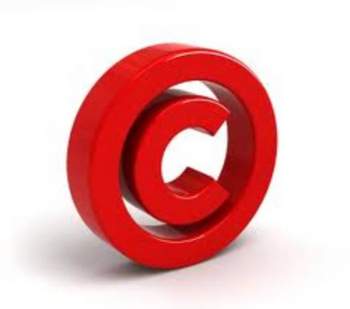
Be Careful: Internet Piracy Dangers

Popular In Copyright
Copyright Law Copyright Infringements What Is Copyright Legal Consequences Of Plagiarism Copyright Free Image Florida Prepaid Postsecondary Education Expense Board V College Savings Bank Famous Cases Of Copyright Law Copyright A Book Library Of Congress Copyright Copyright Laws For Motion Pictures Copyright Infringement Punishment Copyright Symbol
The practice of internet "piracy," a term used to refer to copyright infringement committed against digital files containing other people's intellectual property, can expose an online user to unnecessary and avoidable dangers from illegal and malicious online programs and users. The ability to install harmful programs on or perform harmful actions against a computer can be increased by targeting computer users who, in committing acts of copyright infringement, set themselves apart from the recourse to legal protection.
A common means to implement such an action is through a kind of computer program known as malware, in such a case hidden in the file supposedly affecting copyright infringement, which may be variously intended to cause harm to the user, interference with the computer's functions, or marring of the computer's performance.
Programs designated as malware are referred to as "computer contaminants" under the legal codes of several American states. Common varieties in which malware may be found can include such programs as "Trojan horses," "adware," "spyware," "rootkits," and "worms," as well as viruses.
The different ways of understanding forms of
malware stem from the varying means by which they infect computers. After
infecting a program in one computer, a virus will wait for that computer's user
to connect to another, thereby allowing the virus its means of transmission.
Another approach is represented by malware falling into the worm category,
which can send themselves across networks and into different computers without
having to depend on the involvement of the user.
Trojan
horses trick the user into transmitting malware by disguising themselves as
something seemingly harmless. A supplemental, supportive kind of malware is
presented by the rootkit, which allows harmful programs to exist on and work
against an infected computer without being detected by the targeted user or
software.
Targeting online users practicing copyright
infringement or other online activities may proceed from several different
causes. The most common motivation ascribed to the authors of malware is
essentially unmotivated maliciousness, which can run the gamut from a kind of
practical joke to a desire to do severe harm to another person's computer
hardware or software.
With the development of online entertainment and commercial activities, financial motives have also been found to lie behind the creation and dissemination of intrusive computer programs. Some of these are not normally understood as malware in that they are not intended to harm the level of performance of their target or adversely impact the user in other serious ways, but are held to be more generally undesirable and irritating. This kind of program, sometimes called "grayware," may install pop-up ads in an internet browser or main window, or they may covertly track a user's habits as a consumer.
The authors of malware may also have financial motives. For example, some malicious programs are engineered to gain access to a computer user's financial information by recording keyboard actions and thereby capturing passwords. The program will then return this information in some way to its author. Copyright infringement can thus raise computer safety issues which incur, rather than avoid, costs for users.
NEXT: Discover the Problems with Copyright Infringement





















